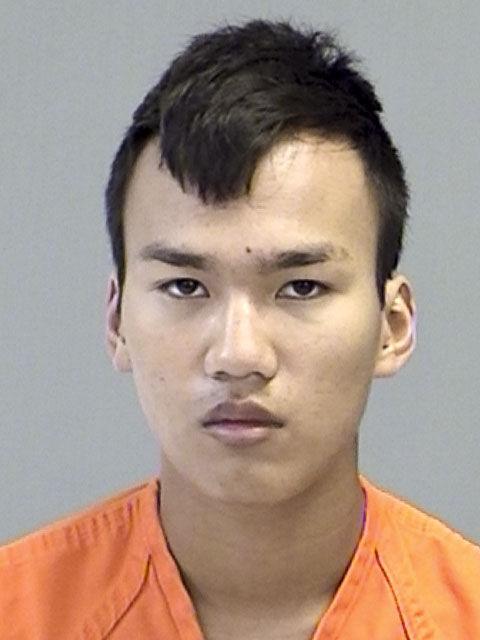Nearly four years after his arrest, the College Station teen accused of murdering a retired A&M professor is in court this week.
On October 20, 2011, Garbriel Hall, the then-18-year-old student from A&M Consolidated High School allegedly broke into the home of retired A&M professor Edwin Shaar, killing the professor and seriously injuring his wife, Linda Shaar.
Hall is on trial for capital murder, which could end in the death penalty. The trial was delayed several times. Jessica Escue, assistant district attorney with Brazos County, said she could not comment on the specific ongoing case, but was able to speak in regards to Texas criminal procedure.
Escue said there is a wide variety of reasons a trial could be delayed.
“Any reason you could think of — witness unavailability, court unavailability, evidence needs to retested, experts need to be contacted,” Escue said. “There are so many reasons that I can think of that a trial could be moved back. You never really know — each trial is different.”
Escue said in Texas a trial is divided into a guilt-innocence phase and a punishment phase.
“The guilt-innocence phase is asking, ‘Did he or she do it?’” Escue said. “‘Did they do what they were accused of?’ Essentially, you take a microscope and just look at the event in question. So if you had a shoplifting at a Walmart, you would just discuss that shoplifting, that particular day, that Wal-Mart.”
Escue said during the punishment phase the state brings into play previous offenses and the defendant can bring in mitigating circumstances.
“So if the victim committed 14 prior shoplifting at Wal-Mart, that’s the point that the jury finds out the defendant has been convicted 14 times with theft,” Escue said. “If they have never been convicted before, they have been a perfect angel and this is just one time they messed up real bad, the defendant can bring in that evidence at this point.”
Escue said in capital cases the jury is asked two questions to determine if the defendant will receive life in prison or the death penalty. Escue said one examines if the defendant is a potential future danger to society and the second considers any mitigating evidence.
Susan Ayres, law professor, said in both the punishment phase and the guilt-innocence phase, a jury decision must be unanimous. Ayres said following the presentation of evidence during the guilt-innocence phase, the jury will be presented with a lengthy jury charge. The jury must agree the defendant is guilty beyond the shadow of a doubt in order to move on to the punishment phase.
Ayres said the length of a case can vary dramatically based on the number of witnesses and other evidence that needs to be presented, but capital cases are generally longer due to the seriousness of the charge.




















